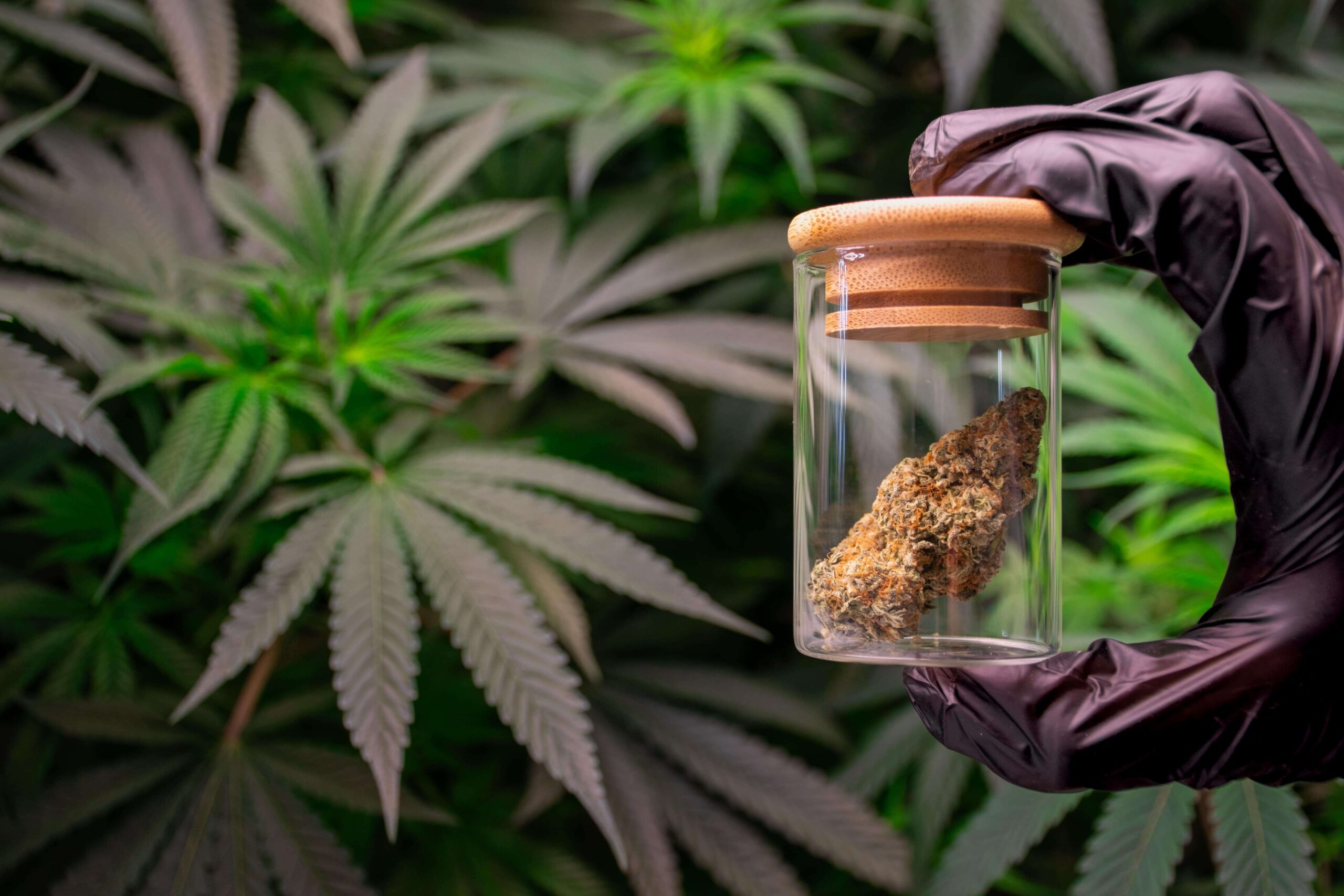Advertisement
Since May, when the Cannabis for Private Purposes Act (CPPA) was finally signed into law, there has been a new urgency to resolve questions about where cannabis can be smoked and grown within Sectional Title complexes and other community housing schemes.
First introduced in 2020, the new legislation establishes a legal framework for the use, possession, and cultivation of cannabis in SA, and makes it legal for adults to use cannabis (also known as marijuana or dagga) in the privacy of their own homes – but the distinction between private and public spaces is more difficult to define in Sectional Title schemes, notes Andrew Schaefer, MD of leading property management company Trafalgar.
“It’s fairly obvious that Sectional Title residents cannot smoke or grow cannabis in any common property areas like passages, courtyards, garages and parking bays, playgrounds, gardens, clubhouses, shared braai areas or swimming pool surrounds. “In addition, no plants or dried cannabis can be bought or sold anywhere within a Sectional Title scheme. But what about residents smoking it on their own apartment balcony, for example, or growing it in their own townhouse garden?”
Generally, he notes, balconies and gardens that are registered as exclusive use areas are considered in Sectional Title schemes to be private spaces, while those that are not registered are considered public spaces, meaning that residents would have to refrain from using cannabis in those areas – even if no-one else in the complex could reach them. “But that’s not the end of things. Just like cigarette or vape smoke, cannabis smoke drifts, and could cause neighbours to object even if a resident was smoking on their own, exclusive use balcony or patio, or in their exclusive use garden, or in their private residence. Similarly, they might have concerns if there were cannabis plants growing in an exclusive use garden space that could easily be accessed by others, especially children.”
At that stage, says Schaefer, the trustees might decide to invoke Section 13 of the Sectional Title Schemes Management Act (STSMA), which states that an owner must not use his or her section or exclusive use area, or permit it to be used, in a manner or for a purpose which may cause a nuisance to any occupier of a section.
- Residents do not use the common property, their sections or exclusive use areas in any way that unreasonably interferes with the rights of others (who are lawfully exercising their rights); and also that
- Residents do not do anything to a section or exclusive use area that would have a material negative affect on the value or utility of any other section or exclusive use area.
“And this might result in them requesting residents – both owners and tenants – to refrain from smoking or growing cannabis anywhere in the complex except inside their own sections. Alternatively, they could try to introduce a new Conduct Rule outlining the precise conditions for cannabis use in their scheme – but it is important to note that the CPPA is national legislation, so any new rule would not be allowed to prohibit the smoking or growing of cannabis altogether.”
In addition, he says, a new Conduct Rule could be regarded by some residents as ineffective in regulating the use of cannabis in their complex, and by others as too strict and an infringement of the rights granted by the CPPA, “in which case the parties would need to consider lodging a dispute with the Community Schemes Ombud Service (CSOS) so that the issue could be resolved by mediation or arbitration”.
Advertisement
Meanwhile, owners who are renting their Sectional Title units must now make sure that their lease agreements stipulate whether the property is a smoking or non-smoking unit, especially if they don’t want their tenants smoking cannabis – or anything else – because there is a risk of them contravening the scheme’s Conduct Rules.
“And of course, both owners and tenants need to be sensitive to any objections by neighbours whenever they smoke outside, because the reality of living in any community housing scheme is that it requires respectful co-existence between close neighbours, no matter what rights are granted by the CPPA or any other legislation.”



